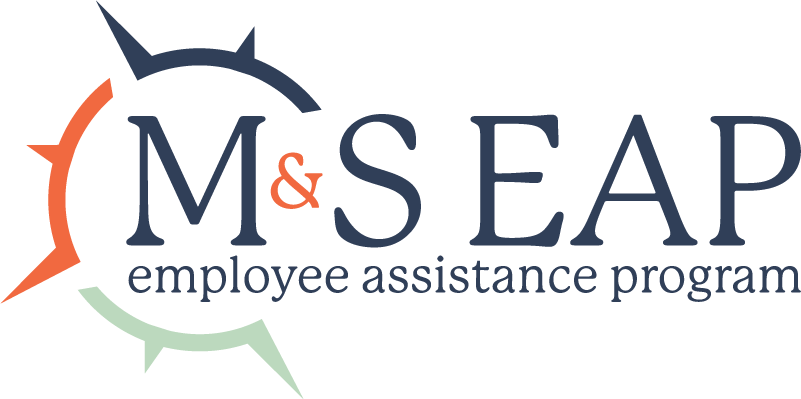Are You in a Codependent Relationship?

Relationships have numerous layers and aspects to them. When two people come together in a romantic relationship, it is not uncommon for difficulties to arise in addition to a strong connection and healthy attraction.
Unfortunately, some relationships struggle more than others; finding a way out of an intense relationship can feel impossible, debilitating or simply not an option. While not all unhealthy relationships feel this way, those who become codependent often do.
What is a codependent relationship?
A codependent relationship is a type of maladjusted relationship where one person is intensely reliant on the other and often enables the other’s dysfunctional behavior. The other person takes advantage of their partner’s unhealthy desire to be needed and wanted. While signs of codependent relationships are most commonly seen in relationships where a substance use disorder is present, other examples of codependency include those between friends, a boss and an employee and even amongst family members.
It’s important to note the difference between a healthy relationship where the partners depend on each other, and a codependent relationship.
A healthy, dependent relationship includes two people who rely on the support of the other and find value in being a part of the relationship; there is a mutual ability to communicate and meet the unique needs of the other in a way that is honoring of the other person and respectful of their dignity; and while they find a sense of belonging amongst each other, they still have the freedom to enjoy friendships and activities without their partner.
When held up against a healthy relationship, signs of a codependent relationship become more obvious. These are likely to include:
- An imbalance of power in the relationship where one person enables the disordered actions and behaviors of the other
- A severe lack of boundaries where one partner does not respect the idea of boundaries and the other partner fails to set and maintain them
- Little value or worth is placed in anything outside of the relationship — their identity comes from the role they play in the codependency
- One partner failing to express their needs, or not recognizing their needs at all, and instead allowing the needs of the other to dictate their actions
- One partner feels valuable only when they are needed by their significant other and another partner constantly demands the attention of the other
Codependent relationships, while often unhealthy and unsustainable, actually keep their partners together for long periods of time. This is often caused by the lacking sense of independence and worth outside the bounds of the relationship.
Am I in a codependent relationship?
It is important for the sake of your mental health (and physical and emotional health as well), to take a hard look at your relationship if you feel like codependency may be present. While it can feel nearly impossible to end a relationship like that at the moment, it rings true that, for the sake of everyone’s well-being, they are best brought to a close.
The following questions can help determine if your relationship involves codependency:
- Does making sacrifices to please others give you a sense of purpose?
- Do you find it hard to say no when the other demands your time/energy/resources?
- Do you cover for the other’s drug or alcohol abuse or legal problems?
- Do you always worry about what others’ opinion of you is?
- Do you feel trapped in the relationship?
- Do you keep silent to avoid conflicts?
- Do you feel anxiety from the need to always please your partner?
- Have your work/school/personal commitments suffered since being a part of this relationship?
Don’t be alarmed if you’ve answered positively for a number of these questions. While leaving and healing from a codependent relationship is challenging, it is never impossible.
Codependency treatment possibilities
Stopping codependent behavior involves treatment sessions that explore early childhood experiences and how they are connected to behavioral patterns of enabling. Exploring feelings of anger, loss and hurt allows individuals to reconstruct more appropriate and functional relationships, as well as better understand where these tendencies come from in their own lives.
Professional counseling is beneficial, as enabling behavior patterns are usually deeply rooted and hard to change on your own. As you attend counseling sessions, you’ll learn to put your needs and desires front and center. Your self-esteem levels will rise as you learn that loving yourself isn’t selfish, but healthy. You’ll be more willing to reject abusive behavior. Your self-respect will improve because you aren’t allowing someone to be abusive or hurtful to you any longer. And you’ll be more confident in ending your current codependent relationship and avoiding future ones.
From online counseling services to local treatment facilities to the employee assistance program within your own company, help is available to you. To learn more about the benefits of utilizing your company’s EAP for mental health treatment, including treatment for codependent relationships, reach out to Mazzitti & Sullivan EAP today by calling our office at (800) 543-5080 or visiting our website.



